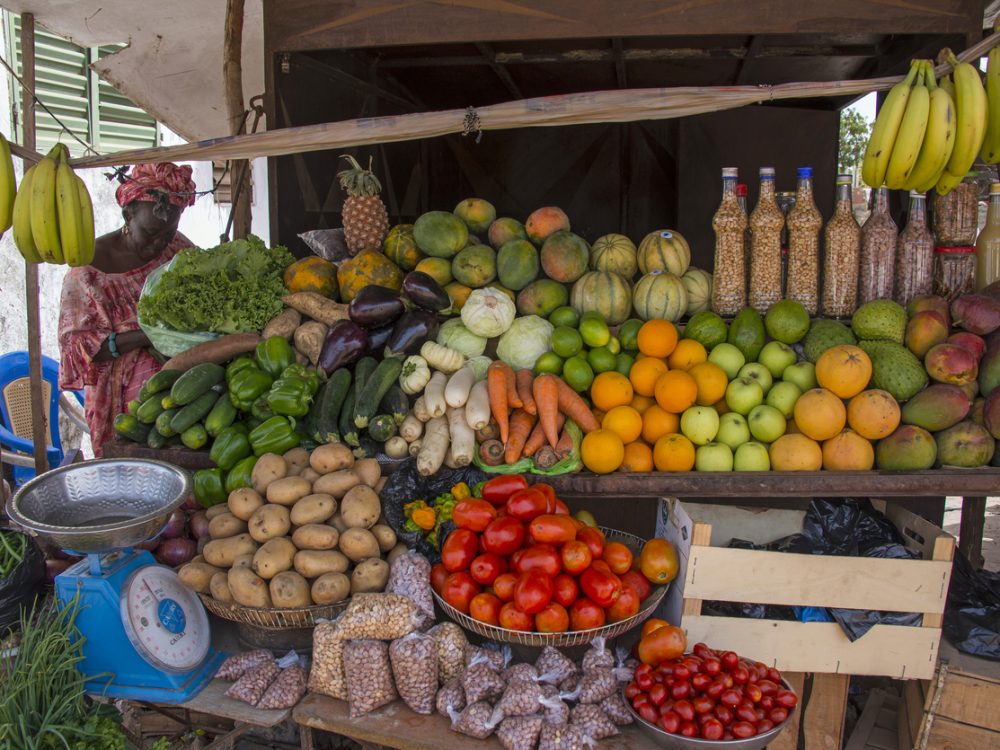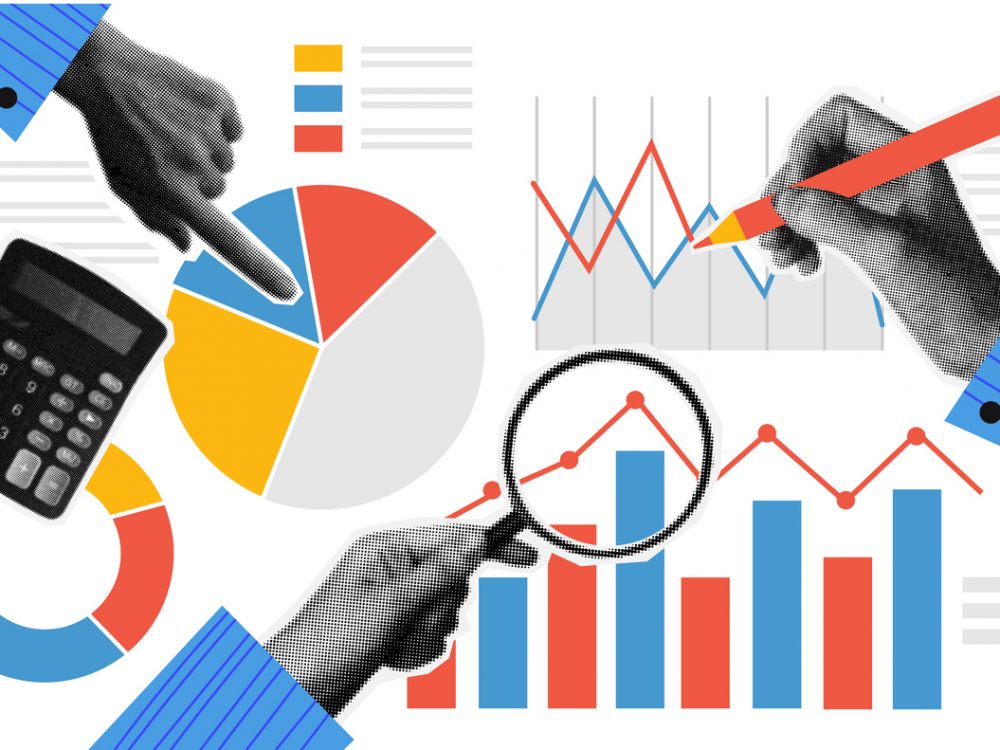Achieving the 2030 Agenda
This year has marked the first since remarkable consensus on the Sustainable Development Goals, Paris Climate Agreement, and Addis Ababa Financing for Development conclusions. With world leaders back home, the real work begins – and to accomplish these goals, leaders must include governments, private businesses, and civil society. Development Gateway is proud to be part of the international community striving to make the world a better place for all.
Energy, agility and innovation: these are the traits Development Gateway brings to meet the challenge of the 2030 Agenda. In particular, as data become increasingly available, we are sharpening our focus on the use of information to achieve impact: how we can enable those at the local level to use data to achieve their goals and deliver services more effectively.
Over the past year, we have sought to increase data use through a range of programming. This focus has taken the form of exploring local-level results data collection, interoperability, and use; working with partner governments to visualize and communicate health, education, and financial information; and understanding the enabling environments that promote open data use – to name just a few examples from our growing portfolio.
Development Gateway remains a technology and data-focused social enterprise. As a learning organization, we seek to incorporate adaptive, evidence-based approaches in all that we do. We strive to continue providing impactful services to work with our partners in a variety of ways: leveraging state-of-the-art software and user-centric development practices, building organizational monitoring, evaluation and learning frameworks, using the latest data science techniques to help our partners, and broadening their “voice” across online and offline media.
Through deepening our partnerships with governments, development partners, and like-minded organizations, we aim to deliver adapted tools and services, and strengthen our partners’ capacity to enable their success. Crucially, this must include not only the collection of datasets, or maintenance of a technology platform: it must also entail using this technology and data for better policies, planning, communications, and analysis. Achieving this sustainable cycle is at the heart of Development Gateway’s mission and mandate.
We invite you to join us as we seek to turn data into action.
Ad Melkert is the Chair of DG’s Board of Directors. This article is excerpted from DG’s 2016 Annual Report, which you may download or read online.
Share This Post
Related from our library

Development Gateway Collaborates with 50×2030 Initiative on Data Use in Agriculture
Development Gateway announces the launch of the Data Interoperability and Governance program to collaborate with the 50x2030 initiative on data use in agriculture in Senegal for evidence-based policymaking.

From Data to Impact: Why Data Visualization Matters in Agriculture
This blog explores why data alone isn’t enough; what matters is turning it into usable insights. In agriculture, where decisions have lasting impacts, user-friendly tools help farmers and policymakers alike make better choices.

Harnessing the Power of Data: Tackling Tobacco Industry Influence in Africa
Reliable, accessible data is essential for effective tobacco control, enabling policymakers to implement stronger, evidence-based responses to evolving industry tactics and public health challenges. This blog explores how Tobacco Industry strategies hinder effective Tobacco control in Africa, and highlights how stakeholders are harnessing TCDI Data to counter industry interference.